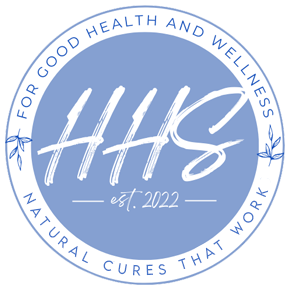Eggs are an excellent protein source, and they supply nutrients the body and brain need for proper functioning. However, like every other food, eating too many eggs has adverse effects.
There’s no concrete reason to stop eating eggs, but you may experience the following side effects when you fail to control your intake:
Biotin depletion
This occurs when you consume the raw egg white. It causes biotin depletion, which adversely affects the skin, causing cradle cap and dermatitis.
This condition also causes a lack of muscle coordination, hair loss, and muscle pain.
Excessive calories
Consuming more than 3,500 calories daily will add a pound to your weight. An egg has 75 calories, which can quickly accumulate and cause noticeable weight gain within three weeks when consumed in an uncontrolled manner.
It increases your risk of heart diseases
If you have heart disease, egg yolks can worsen your condition significantly. It causes plaques to form in the artery wall and hardens it. This is a condition called atherosclerosis, and it’s life-threatening when ignored.
If it develops in the brain, it can cause a stroke. However, it can cause a heart attack when the blockage occurs in the heart. In some cases, clogging occurs in the leg, which causes leg cramps.
It’s cholesterol packed
Eggs are packed with cholesterol, which is one of the primary reasons too many eggs are bad for you. It’s also loaded with saturated fat, which accumulates when you consume it excessively.
Its primary effects are on the liver; the amount of cholesterol present in egg yolk is so potent that consuming too much may lead to inflammation and dead cells. The repetitive process of the liver trying to heal itself is called liver cirrhosis, an inevitable condition with excessive egg yolk ingestion.
Salmonella
Salmonella poisoning occurs when you eat food that isn’t cooked beyond the surface. It’s caused by bacteria commonly found in chicken intestines and eggs, inside and outside. But when you expose it to a high temperature by cooking it, the heat destroys the salmonella.
Hard-boiled eggs are better for you as salmonella has minimal chances of surviving the prolonged heat exposal. Some of the symptoms of salmonella poisoning include vomiting, abdominal pain, fever, and diarrhea.
Protein overload
People suffering from kidney problems are more likely to aggravate their symptoms by consuming too many eggs. An egg is protein-packed, and that’s the last thing the kidney’s fluid-flow rate needs. It’s best to consult your health provider about adding this food to your diet.
Allergies
Allergies are more likely to occur in children than adults, and the albumin content in egg whites causes it. The symptoms are nausea, skin swelling, cramps, vomiting, and coughing.
Endotoxins
Endotoxins are harmful substances expelled when bacteria die, and raw or undercooked eggs contain a considerable amount. The symptoms include cardiovascular diseases, Alzheimer’s, and arthritis.
Conclusion
Although eggs are excellent sources of antioxidants, vitamins, minerals, protein, and fats, they have adverse effects when consumed in high amounts. Cholesterol is one of the leading causes of death worldwide, and egg is packed with it.
The risks of eating too many eggs differ from person to person, but studies show that two to four eggs daily is safe enough.
